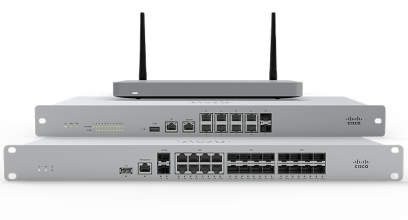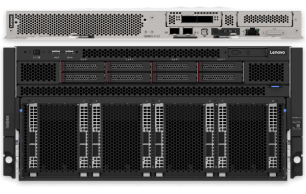Understanding Endpoints in a Business Context
Endpoints are devices like computers, smartphones, tablets, and IoT devices that connect to a company's network to access resources.
Endpoints are devices like computers, smartphones, tablets, and IoT devices that connect to a company's network to access resources.
Endpoints include laptops, desktops, smartphones, and other devices that access company data and applications through network connections.
Endpoints enable employees to work remotely, access files, collaborate in real-time, and perform tasks efficiently, boosting productivity.
Endpoints are potential entry points for cyber threats, requiring proper management, security tools, and monitoring to prevent data breaches.
Effective endpoint management involves ensuring devices are updated, protected with security software, and monitored for compliance with business policies.



By empowering staff to complete tasks efficiently, endpoints contribute to improved operational performance and business agility. They help organizations respond quickly to evolving demands, maintain continuity, and enhance user experience—making them key enablers of a modern, and high-performing digital work environment that thrives on connectivity.
Endpoint management oversees the monitoring, configuration, and security of all network-connected devices. It ensures endpoints run efficiently, align with business goals, and stay protected against cyber threats—enabling secure, consistent performance across the digital workplace while maintaining compliance and reducing operational risks.
By maintaining compliance and enforcing security policies, endpoint management helps optimize device performance, reduce downtime, and safeguard sensitive data. It plays a crucial role in supporting IT teams, and ensuring a seamless user experience across the digital workplace—balancing flexibility in today’s dynamic business environments.
Endpoint management enhances collaboration by ensuring devices are secure, well-maintained, and optimized for performance. This creates a seamless environment where employees can access the right tools, share information, and work together effortlessly, no matter where they are located or what device they’re using.
By managing updates, configurations, and compatibility with key collaboration platforms, endpoint management reduces disruptions. It supports consistent user experiences, empowering teams to focus on their goals while IT ensures the technology runs smoothly fueling more efficient communication and stronger teamwork across the digital workplace.

Endpoints access sensitive data, requiring encryption, secure access, and regular updates to ensure data confidentiality.

Unsecured endpoints create vulnerabilities, allowing malware, ransomware, and unauthorized access to critical business systems and data.

Compliance frameworks like GDPR and HIPAA require strong endpoint security for data privacy and regulatory compliance.

Real-time endpoint monitoring allows proactive threat detection and quick response, minimizing security risks.
Effective endpoint management enhances business productivity by securing, monitoring, and optimizing devices across the entire network. It helps reduce vulnerabilities, prevent downtime, and maintain smooth operations—enabling employees to perform tasks efficiently while ensuring a safe, stable, and reliable digital environment that supports long-term organizational success.
By streamlining workflows and ensuring compatibility with essential collaboration tools, endpoint management enhances teamwork and communication. This creates a more efficient, connected work environment where employees can focus on delivering results—boosting overall performance and supporting the organization’s digital goals with reliable, secure technology.